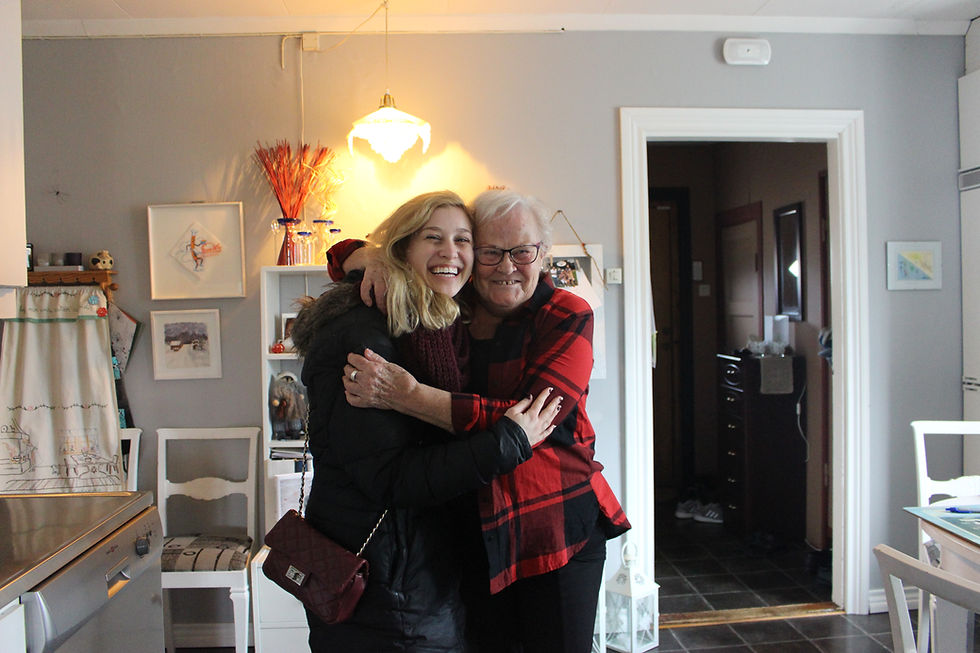N/a’an ku sê Wildlife Sanctuary
- michelleandersen7

- Sep 18, 2017
- 2 min read
Updated: Jan 5, 2019
For my Environmental Connections class, we went to a wildlife sanctuary called
N/a’an ku sê*. They have baboons, cheetahs, lions, African wild dogs, caracal, and leopards.
The animals have been placed in the sanctuary for a variety of reasons with one common thread, humans. The entire wild dog pack had to be placed in captivity because a farmer picked up one cub. If they were left alone, then this cub would have been abandoned or killed, due to the human scent on its fur. The lions were shot by humans and the baboons had their mothers killed, and so on. Due to being raised in captivity, these animals cannot be returned to the wild. It would be too dangerous for the animals since they are too comfortable around humans, which would also be unsafe for humans.


These animals did not get a choice in their fate, it was decided by humans. One thing we are discussing in class is the human-wildlife conflict. There are many times when it becomes an issue for these species to live side-by. Animals are killed out of fear, to protect livestock and crops, and for poaching purposes. It is interesting to hear how about environmental issues in Namibia like the government having lots of poached ivory, that would be beneficial to their economy, but they have no market to sell it to. While animal poaching is wrong, it is hard to tell people that they cannot use the resources they have when they are struggling to survive. There are community-based resource management conservancies that help the local people benefit from nature, such as having the wildlife as a tourism market. If people can see the benefit to preserving nature and creating a sustainable source of income, then the respect and attitude towards these animals may be altered. The issues are complicated but hopefully, a way is found for humans to live peacefully with animals without killing or harming them.
“If you want to save the environment you should protect the people first, because human beings are a part of biological diversity” (Obi 14).
Source: Obi, Cyril. 2005. Environmental Movements in Sub-Saharan Africa: A Political Ecology of Power and Conflict. United Nations Research Institute for Social Development. *the / is one of the clicks in the Damara language






Comments